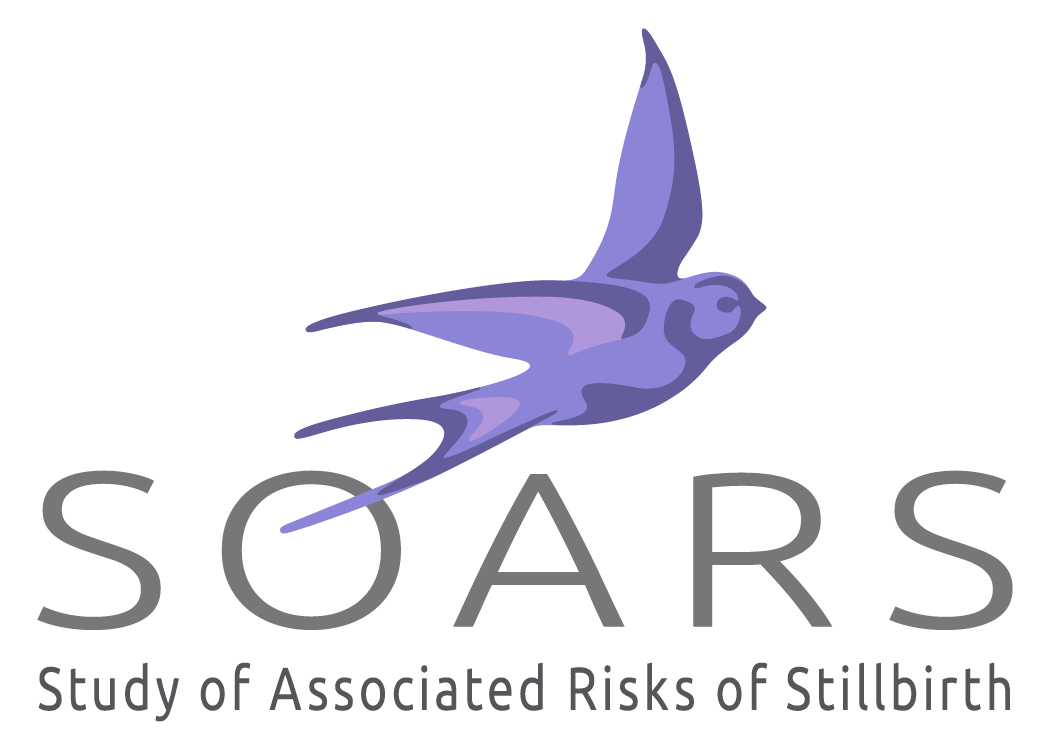SOARS

What is SOARS?
The Study of Associated Risks of Stillbirth (SOARS) is a surveillance project of the Centers for Disease Control and Prevention (CDC) and the Utah Department of Health and Human Services. SOARS is an ongoing, state-specific, population-based survey designed to collect information on maternal experiences and behaviors prior to, during, and immediately following pregnancy among mothers who have recently experienced a stillbirth. Stillbirth is defined as the in-utero death of a baby at 20 weeks of pregnancy or later. SOARS was initiated in 2018 to help health officials learn more about why stillbirths occur. Understanding the potential causes of stillbirth can lead to recommendations, policies, and services to help prevent them.
Why is SOARS important?
- SOARS provides data not available in medical records or on fetal death certificates.
- SOARS will provide data to assist in identifying women who are at high risk for stillbirth, monitor risk factors, and identify areas for prevention
- SOARS will assist in monitoring progress towards goals in reducing the rates of stillbirth in Utah.
How does Utah SOARS work?
Each month, women who experienced a stillbirth in the prior 2-4 months will be asked to participate in the survey.
SOARS uses a combination of two data collection approaches: statewide mailings of the surveys and telephone follow-up with women who do not return the survey by mail.
Two to four months after delivery an introductory card is mailed to each woman. The SOARS questionnaire is mailed a week later. A second questionnaire is mailed to those who do not respond. An experienced interviewer will then telephone mothers who have not responded to the mailings.
What information does SOARS collect?
The questionnaire consists of questions developed to address Utah’s particular data needs. The questionnaire covers the following topics:
- Prenatal and postnatal care
- Social support and stress
- Grief and bereavement support
- Services offered by hospitals after a stillbirth occurs
- Tests that may have been offered after the stillbirth
- Use of alcohol, tobacco and e-cigarettes
- Physical abuse
- Chronic health conditions of the mother
- Health insurance coverage
How can data from SOARS be used?
Findings from analyses of SOARS data can be used to:
- Develop and implement new maternal and child health programs and to modify existing programs
- Inform public health policy
- Assist health professionals in incorporating the latest research findings into their standards of practice
- Enhance understanding of maternal behaviors and experiences and their relationship to stillbirth
- Monitor progress towards local, state, and national health objectives and goals
For additional information
If you have any questions or would like additional information about SOARS, please call the Utah SOARS Operations Manager in the Salt Lake metro area at 801-273-2874 or our toll-free number at 1-800-826-9662.
Or email us at: [email protected]
Utah SOARS Surveys
Phase I opens in a new tab | Phase I (Spanish) opens in a new tab
Reports
The following report was created prior to the merger between the Utah Department of Health (UDOH) and the Utah Department of Human Services (UDHS). It has been archived and is available upon request by contacting [email protected].
Women’s Experiences of Support Following a Stillbirth, 2021
